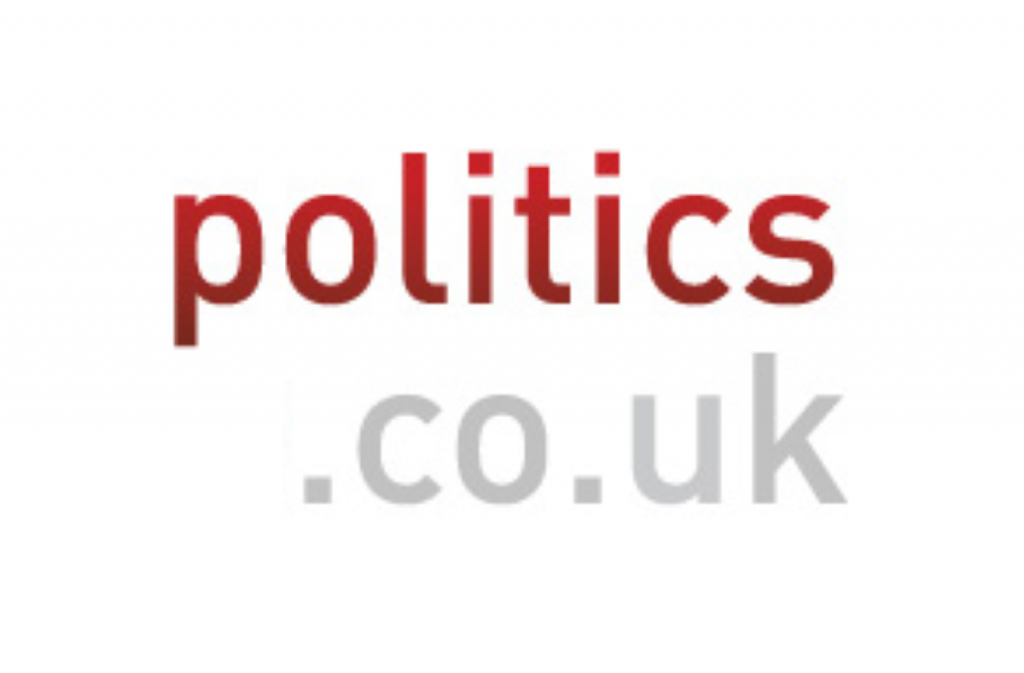Feature: Protectionism in the EU?
By Samantha Cullen
What effect will the global downturn have on the European ideal of a free market?
Protectionism is on the agenda this weekend as European Union leaders meet to discuss their stance on how to confront the global economic downturn. Across the EU’s member states, politicians may feel a greater temptation to focus their attention inwards. The consequences may be weighty for the EU’s free-trade tradition.
A statement made during the 2007 Labour party conference has recently come back to haunt Gordon Brown on this issue. Mr Brown’s slogan of “British jobs for British workers” was taken up by campaigners at the Lindsey oil refinery, who were protesting over the use of Italian and Portuguese workers at the site. The dispute has since been resolved, but it has left some wondering where this leaves European Union laws and, in some ways, the whole European ideal. With the French government facing tough questions over its proposed six billion euro bailout of the French car industry, added to a worsening economic crisis and lengthening dole queues, there is now a growing fear that European politicians will once again start looking inwards as the temptation to turn towards protectionism grows. But where will this leave the European Union?


The last year has been defined by the worsening economic climate; with UK GDP contracting by 1.5 per cent in the last quarter of 2008 and with unemployment hitting 1.97 million the focus for the government is definitely on tackling the recession. It’s not just Britain that has to deal with a downturn; the rest of the world is struggling with the global recession and as this happens there could be a temptation to focus attention inwards rather than worrying about the constraints of a free market leading to protectionism. Supporters of protectionism believe that it will save local jobs and help aid struggling industries, while those opposed believe it will cause what Professor Iain Begg from the European Institute at the London School of Economics and Political Science calls “a major spiral” where “ultimately nobody wins from it”.
During the Great Depression of the 1930s the US followed a protectionist stance in order to try and protect its own economy. Imposing high tariffs on foreign products meant that homegrown products were cheaper, keeping industries working, but many scholars have argued this policy simply made the Great Depression worse. Because other countries followed America’s example, adding their own protectionist tariffs and ultimately stopping free trade. Now, with the world in the grip of an economic downturn, fears that protectionist policies could be followed have once again arisen.
The strikes at the Lindsey oil refinery brought the subject back into the media spotlight as the cry of ‘British jobs for British workers’ rang out. The strikes themselves were about the right of British workers to apply for jobs alongside their counterparts from the EU. The strikes ended on February 5th but their impact would be more lasting.
During a speech made to the Lords during the strikes, business secretary Peter Mandelson defended the role of the EU and highlighted the importance of an open market and free movement of labour across the union. He told the House that “membership of the European Union, and taking advantage of the opportunities for trade presented by the EU, are firmly in the UK’s national interest”.
The government is certainly making it clear that they are opposed to protectionism. Indeed, during a recent prime minister’s questions, Gordon Brown described the retreat towards protectionism as the “the biggest danger that the world faces”. Here in the UK Brown’s government have made it clear that there needs to be unilateral action to deal with the current economic crisis and there seems to be some stirrings of nationalist sentiment across the world.
The European trade commissioner, Catherine Ashton, has recently criticised the American government for including a ‘Buy America’ clause in its financial stimulus measures. After complaints from the EU, the wording of the clause was watered down as it passed through congress.
It is not just in America where there have been the first signs of protectionist policies; in France, Nicolas Sarkozy’s government proposed a six billion euro bailout of the French car industry. In fact the growing concerns over protectionism have forced the Czechs, who currently hold the EU’s rotating presidency, to schedule today’s informal meeting of heads of state and government in Brussels.
Mr Begg agrees “there is a degree of inevitability about the pressures in that direction”, but that any moves towards protectionism will be subtle. He argues we will not see countries putting up trade barriers or setting up custom posts to prevent goods entering the country. Instead he believes that there will be indirect moves to offer preference to local workers or to make home produced goods slightly more appealing, but these would need to be restrained in order to avoid any enquiry from the European Commission which polices the open market of the EU.
The TUC have also condemned the use of protectionist policies with Adam Lent, head of economic and social affairs, describing it as “an extremely dangerous route to go down”. He instead calls on the EU to come together to “work out a coordinated way by which government can at a national or international level protect their economies from the worst ravishes of recession”.
This unified approach to economic policy is supported by Mr Begg. He believes “a sufficient condition for getting rid of protectionist measures is that all countries act together in trying to deal with the causes of the recession and impose the appropriate macroeconomic policies”. Let’s hope the EU’s leaders can agree on this type of approach today.

